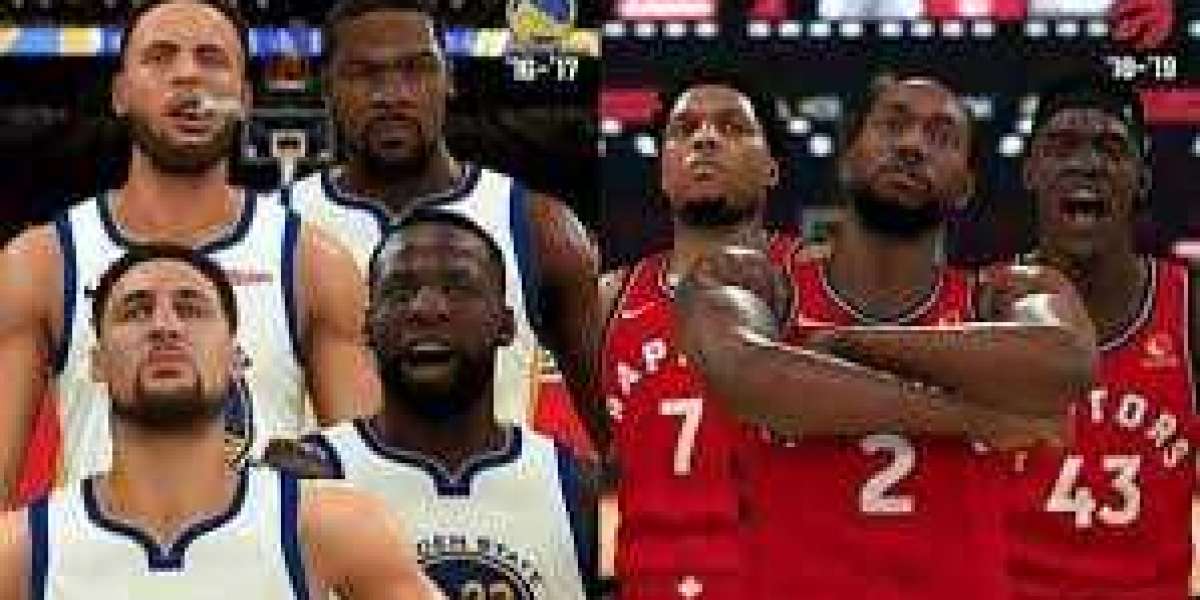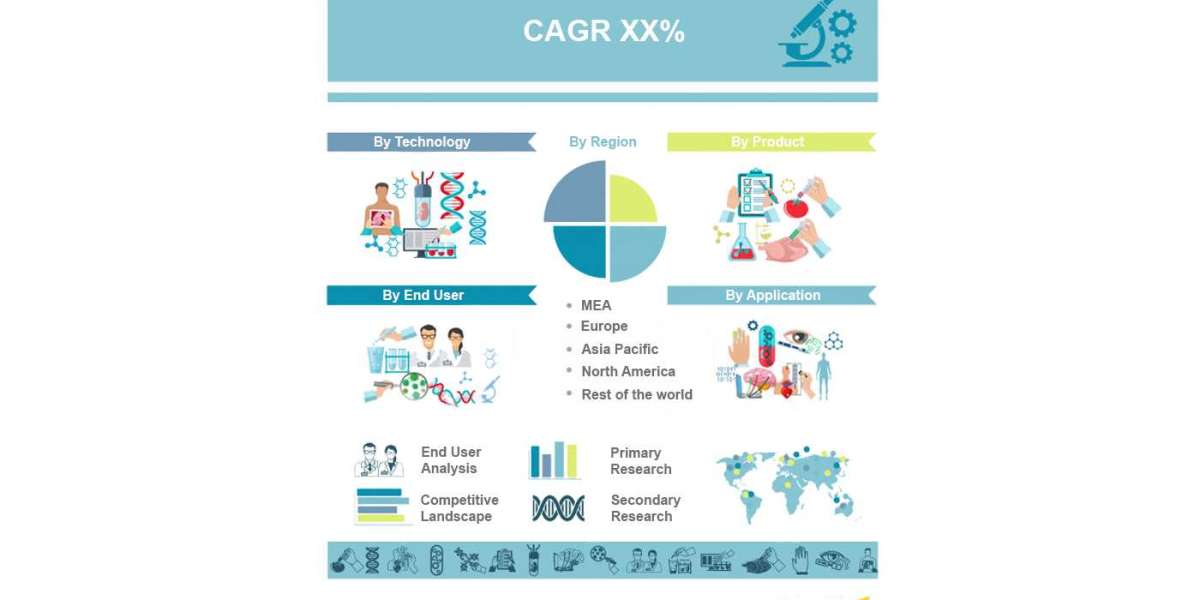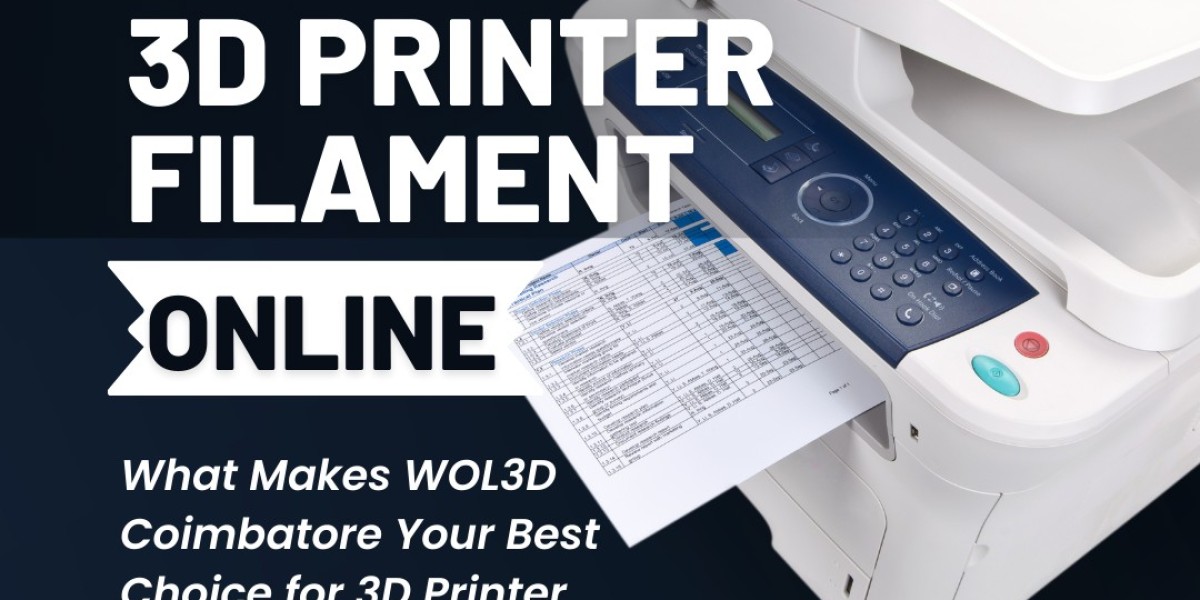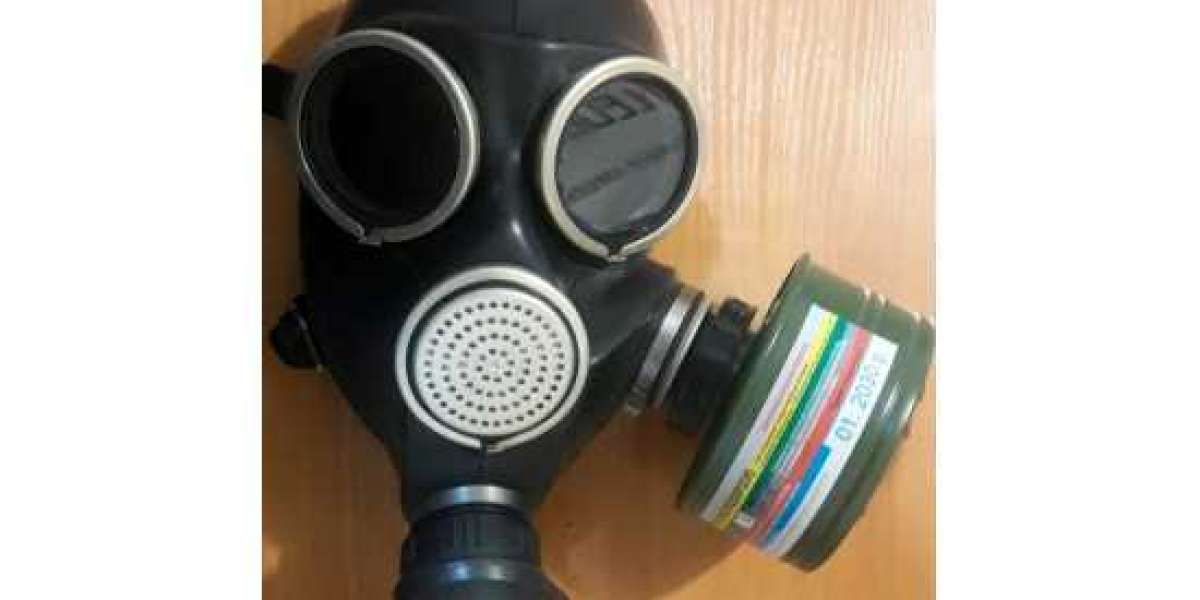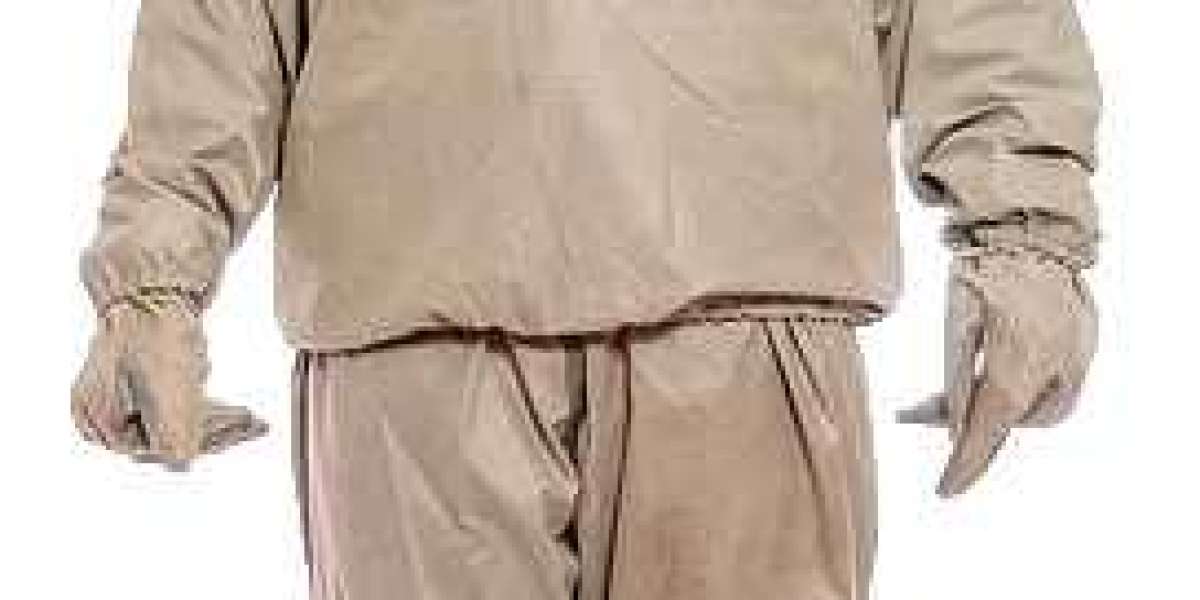On Thursday, the video game industry won a major battle in a longstanding controversy over the reproduction of tattoos in sports video games. The case involved a copyright action brought by NBA 2K MT Strong Oak Sketches Inc. to enforce exclusive rights acquired from artists that did tattoo work for LeBron James, Kenyon Martin and Eric Bledsoe.
To best understand the importance of Judge Swain's decision, it's necessary to unpack each finding, beginning with the degree of copying.
To sustain a copyright action, the plaintiff must include in their claims enough evidence to demonstrate that the defendant copied their job and the copy is much like the initial creation. To get a copy to be eligible as substantially similar under the Copyright Act, the similarities between the works must be greater than de minimis (i.e. minuscule). Judge Swain discovered that the degree of copying in this case dropped under the brink of substantial copying. In reaching this conclusion, Judge Swain utilized the ordinary observer test, which requires the court to take into account whether a lay person would recognize that the reproduction substantially copied and made use of the plaintiff's copyright protected work.
In encouraging this holding, Judge Swain found that the images of the tattoos were twisted to a degree and were too small in scale to matter (a mere 4.4percent to 10.96percent of the size of the actual things). Not only that, but just three from 400 players featured in the game had tattoos that were at controversy. For the courtroom, that amount of replicating qualified as de minimis as opposed to substantial.
Yet, the court found that the manufacturer needed a non-exclusive implied license to reproduce the tattoos in its own NBA 2K video games. An implied license is one where there is an implication that someone has the ability to reproduce a copyrighted work. It's generally understood that people that are tattooed like an implied authorization from tattooists to permit the tattoos to be shown in people and in photographs or movies that feature the person who is tattooed. The reproductions at issue in this situation, however, weren't real images of the athletes. Rather, the tattoos were found on virtual avatars created by artists who made realistic, but electronic, representations of their athletes and their tattoos.
In addressing this issue, Judge Swain realized her higher ups in the Second Circuit Court of Appeals hadn't yet mastered the precise definition for what qualifies as a"implied license." Though, the Second Circuit had found that one party could grant to a different a non-exclusive implied license that permits the latter to replicate and distribute copyright protected work belonging to the former. Judge Swain appeared to the evidence and found that the tattooists supplied LeBron James and the other gamers using a non-exclusive signaled permit depending on Buy NBA 2K21 MT the intent for its celebrity athletes to produce the tattoos part of their identities; that includes the reproduction of their images for all kinds of industrial functions.
